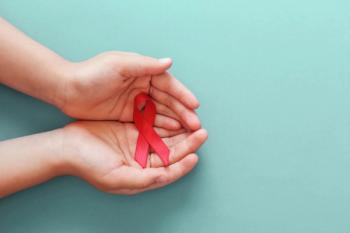
Hyperpyrexia signals a high risk of serious bacterial infection
Researchers conducted a study to 1) determine the risk of serious bacterial infection in children who have a rectal temperature of 106°F or higher (hyperpyrexia) and 2) identify variables that predict such an infection. The study was conducted in the 103 hyperpyrexic children who visited the emergency department of a tertiary-care pediatric hospital in Houston during the two-year study period. The children ranged in age from 3 months to 16.9 years (median, 17 months). In addition to the high fever, their symptoms included rhinorrhea, vomiting, diarrhea, injected conjunctivae, and other viral symptoms. Nineteen had a pre-existing condition.
Of the 103 subjects, 20 (18.4%) had a culture-proven serious bacterial infection, including one child who had both a bacterial and a viral infection. Eleven children had bacteremia; two of those were bacteremic secondary to a urinary tract infection (eight subjects had such an infection) and two others were bacteremic secondary to infection of an indwelling central venous catheter.
Infecting micro-organisms included Enterobacter cloacae, Escherichia coli, Citrobacter freundii, Stenotrophomonas maltophilia, Pseudomonas spp, Shigella flexneri, Streptococcus pneumoniae, and Peptostreptococcus magnus. None of the children with a positive bacterial culture appeared to have otitis media.
Of the remaining 62 subjects with hyperpyrexia, 60 had a diagnosis of a febrile illness with negative cultures. Of these 60, 13 had a chest radiograph with a lobar infiltrate compatible with pneumonia, and 11 were given a diagnosis of otitis media. (Of the remaining two children, one developed neuroleptic malignant syndrome, and the other was given a diagnosis of systemic lupus erythematosus.)
Newsletter
Access practical, evidence-based guidance to support better care for our youngest patients. Join our email list for the latest clinical updates.






